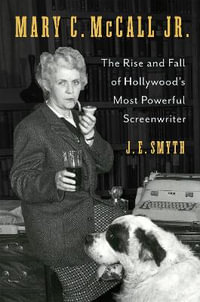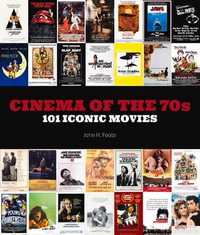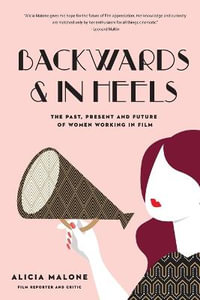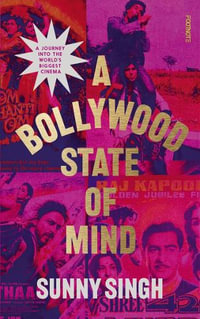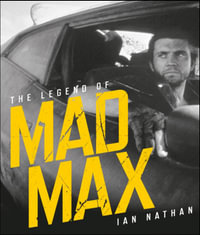Cinema by Other Means explores avant-garde endeavors to practice the cinema by using the materials and the techniques different from those commonly associated with the cinematographic apparatus. Using examples from both the historical and the post-war avant-garde -- Dada, Surrealism, Letterism, "structural-materialist" film, and more -- Pavle Levi reveals a range of peculiar and imaginative ways in which filmmakers, artists, and writers have pondered and created, performed and transformed, the "movies" with or without directly grounding their work in the materials of film. The study considers artists and theorists from all over Europe --- France, Italy, Soviet Union, Germany, Hungary -- but it particularly foregrounds the context of the Yugoslav avant-garde. Cinema by Other Means offers the English-language reader a thorough explication of an assortment of distinctly Yugoslav artistic phenomena, such as the Zenithist cine-writings of the 1920s, the proto-structural Antifilm
movement of the early 1960s, and the "ortho-dialectical" film-poetry of the 1970s.
Industry Reviews
"In 1968, while exhibiting American avant-garde films in Europe, I discovered that the Yugoslavian experimental cinema was at once the most sophisticated and least known in Europe. At long last, it has found its exponent and brilliant exegete in Pavle Levi. Cinema by Other Means is an invaluable contribution to film history."--P. Adams Sitney, Princeton University
"Here is a work of truly original thought and research, drawn from material not merely unfamiliar, but hitherto unsuspected of existing by scholars of film, of literature, and the visual arts. Drawing upon material exhumed from within the texts and images of modernism's expansion throughout Europe from 1900 on, Pavle Levi maps and analyzes an unexamined mode of the cinematic."--Annette Michelson, New York University






